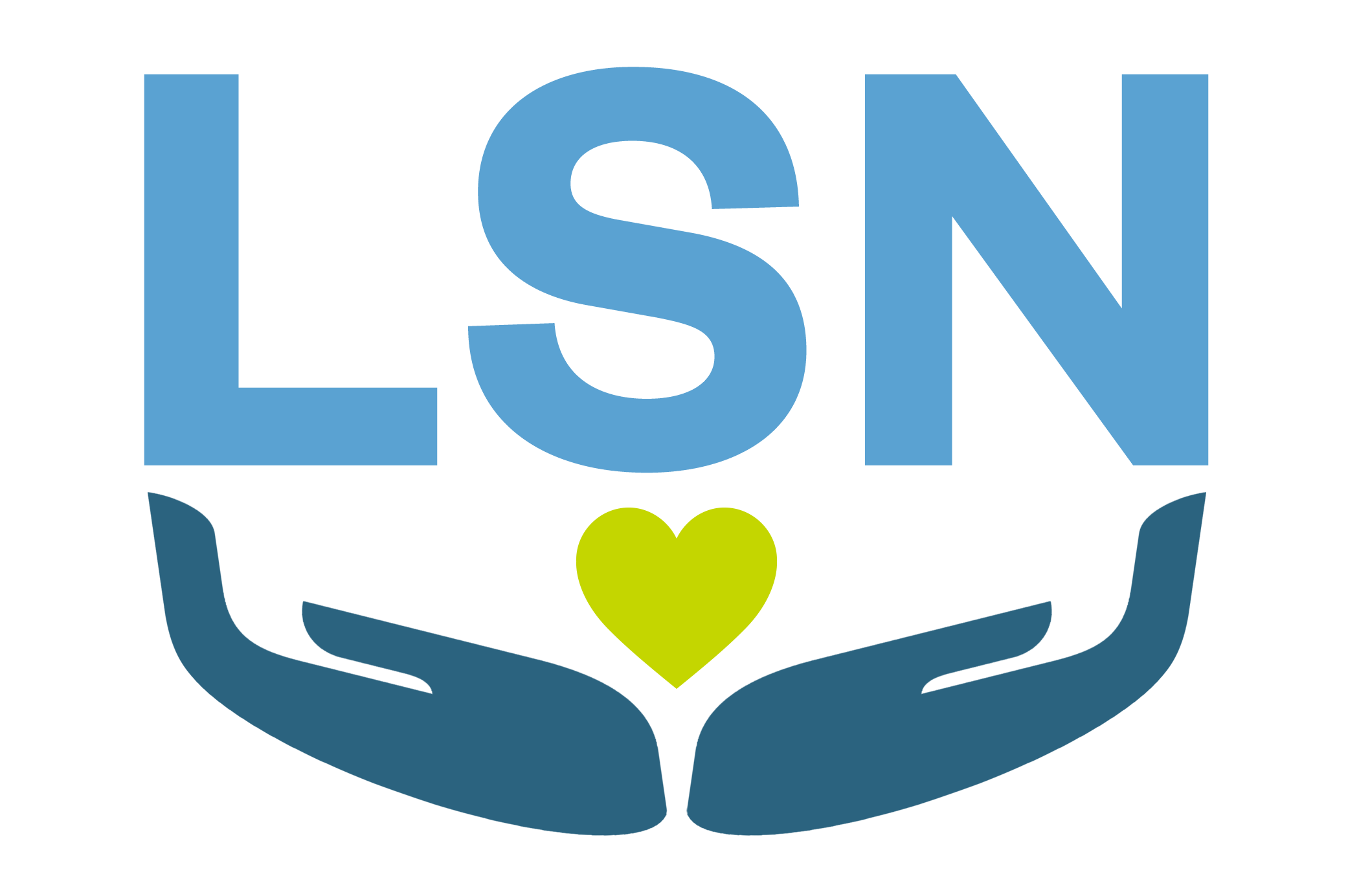I'm concerned about myself. What should I do?
If you are experiencing a life-threatening medical or mental health emergency, please call 911 or go to the nearest local hospital emergency department.
For urgent concerns:
- Call the National Suicide Prevention Lifeline 1-800-273-8255
- Text START to the Crisis Text Line at 741-741
- Students can call CAPS 24/7 at 919-966-3658 or visit 8 am - 5 pm Monday - Friday
- Faculty and Staff can contact the University Employee Assistance Program (EAP) Service (24 hours a day) at 877-314-5841. Online resources are available at www.guidanceresources.com.
It’s a sign of health and maturity to acknowledge personal distress and to reach out for help. One of the surest ways to aggravate any problem or concern is to keep it to yourself or buy into shame and self-blame for feeling distressed. Be aware of the sources of stress in your life and how you are reacting to them. Sometimes just noticing and acknowledging how you feel and being kind to yourself about it can be a good start in being able to feel better.
Perhaps there has been some disappointment or loss in a relationship. Maybe you are feeling the pressure of making good grades. You may notice that you have been feeling excessively sad, worried, irritable, withdrawn, or just “not yourself”. Or perhaps you are concerned about a pattern of unhealthy behaviors (e.g., drug or alcohol abuse, disordered eating, self-injury) or you have stopped going to class and are sleeping much of the day.
Any problem that is causing concern is an appropriate reason to talk to someone about it.
Who Can I Call or Speak To?
- A trusted friend
- Someone in your family
- A residence hall advisor
- A professor or instructor you respect and trust
- A spiritual counselor or minister or rabbi
- A mental health or support professional
Levels of Concern – What Should I Keep in Mind?
If you’re feeling down, upset, overwhelmed, lonely, anxious, or isolated…but haven’t entertained thoughts about not living.
- Realize you are not alone - people around you care and can help
- Avoid isolating yourself or falling back on unhealthy habits to cope.Reach out for support and request help problem solving
- Acknowledge your maturity and strength in expressing distress and vulnerable feelings
If you’ve had thoughts about not living…but wouldn’t want to harm yourself.
- Remember that just having such thoughts does not mean you are crazy or are the only person to ever think this way
- Realize that people can have such thoughts from time to time without ever wanting to act on them.
- Realize that such thoughts are a real distress signal indicating
- You are feeling overwhelmed or helpless in some way and that
- It is important you talk to a trusted person for support and help resolving how you feel
If you have thought seriously about ending your life… or worry that you might harm yourself.
- It’s very important that you talk with some trusted person about these thoughts and feelings as soon as possible.
- Know that someone does or will care.
- Your life is worth living.
- Believe that the helplessness or crisis you feel is temporary.
- Seemingly unbearable emotional pain can be survived.
- Call a mental health provider and ask for services as soon as possible.
- Know that help is available now, 24/7 – don’t put off seeking help.
If you have recently started to harm yourself or attempted to end your life.
- Don’t keep this a secret. Tell someone you trust and/or a CAPS counselor.
- Know that someone does or will care.
- Avoid isolating yourself or falling back on unhealthy habits to cope.
- Be informed about clinical problems and what interventions help.
- Commit to a continuing plan to provide you support and help with problem solving.
- Call a mental health provider and ask for services as soon as possible.
- Know that help is available now, 24/7. Don't put off seeking help.

